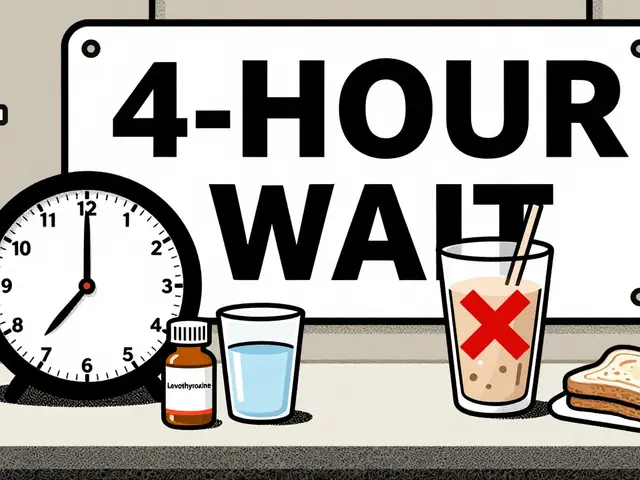Benefits: Practical Answers About What Helps — and Why
Not all health benefits are equal. Some drugs relieve pain fast, others protect your heart over years, and a few supplements only sound impressive on a label. This page cuts through the noise and points you to clear, usable info about real benefits people can expect from medications, supplements, and medical devices.
Here you’ll find short takeaways and honest tips from articles that focus on benefits — what works, who should consider it, and what to watch for. I’ll highlight the main wins so you can decide whether to read the full piece for details.
Quick benefit snapshots
Prilosec (omeprazole): Strong option for long-term acid control. The benefit is lasting relief from heartburn and reduced esophagus irritation, but long-term users should watch bone and magnesium levels. Our guide explains safer use and when to ask your doctor about alternatives.
Celebrex (celecoxib): Great for arthritis pain with less stomach upset than some older NSAIDs. The real benefit is targeted inflammation control; the trade-off is potential heart and kidney risks in some patients. The article lays out who benefits most and how to use it safely.
Diclofenac for gout: Works fast to cut pain and swelling during flares. If you need quick relief, diclofenac often does the job, but it’s not a long-term fix for uric acid control. We explain timing, dosing, and when to call your clinician.
Metformin: Beyond blood sugar control, recent research shows weight-related benefits that mimic some exercise effects. That’s promising for insulin resistance and obesity, but the guide makes clear who sees the biggest payoff and what to expect.
Wine supplements (resveratrol, etc.): They can offer antioxidant and heart-support hints without the alcohol. The boost is modest—more of a nutritional add-on than a cure. Our piece parses the evidence so you don’t overspend on hype.
Newer and niche benefits
SV2A-targeting therapies: Originally for epilepsy, researchers are testing these drugs for depression and Alzheimer’s. The possible benefit is a new mechanism to help brain disorders that resist standard treatments. The article summarizes where trials stand and why this matters.
Rivaroxaban and anticoagulants: The benefit is convenience and reliable stroke prevention for many patients. Our analysis compares rivaroxaban to newer options so you can see who keeps the edge and who might benefit from newer drugs or monitoring.
Inhaler options beyond albuterol: Some devices improve delivery, reduce side effects, or boost adherence for people who struggle with standard inhalers. The benefit comes down to real-world use—portability, ease, and which device matches your lifestyle.
Want to explore a specific benefit in detail? Pick any title on this tag page to get practical tips, exact risks, and how to talk with your clinician. Each article focuses on real outcomes, not marketing copy, so you get clear next steps.

As a blogger, I recently explored the benefits of acupuncture for oedema, and I was amazed by its potential. Acupuncture works by stimulating specific points on the body, restoring balance and encouraging the body to heal itself. For oedema, it helps in reducing inflammation and improving circulation, which can be a game-changer for those suffering from this condition. I've learned about various techniques, such as electroacupuncture and moxibustion, that can provide even more significant relief. Overall, acupuncture is a promising alternative therapy for oedema that deserves more attention from both patients and medical professionals.
Continue Reading





